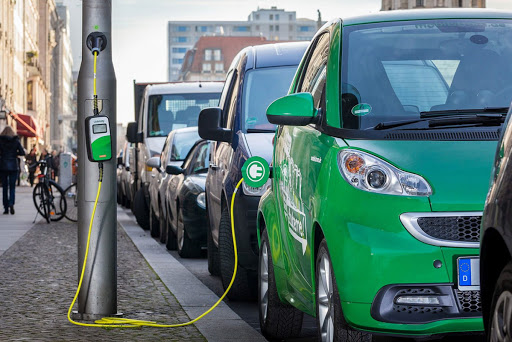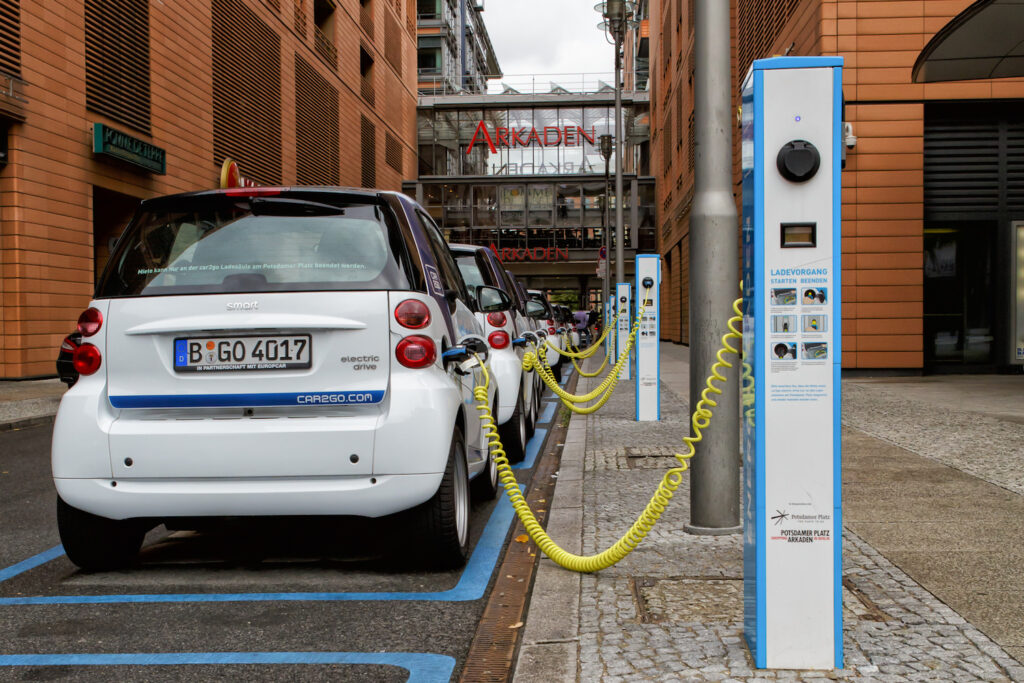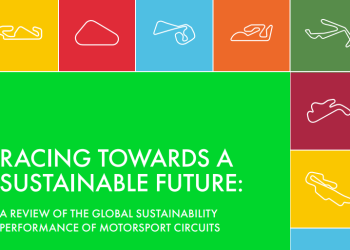The emergence of electric vehicles (EV) in the market has had an unprecedented growth in the midst of a relentless crisis in the automotive industry, due to the COVID-19 pandemic.
Demand for these electrically powered cars increased by 41%, according to official data published by the International Energy Agency (IEA). This translates into 3 million cars sold that undoubtedly impact the change towards sustainability that the planet is looking for.
The figures corresponding to the sales of the prototypes based on electricity, contrast with the decline of the total market that had a contraction during 2020 of 16%, according to the agency’s Global Electric Vehicle Outlook.
Related content: The scientific innovation that will give drivers an “X-ray” vision
This year, the dominance of EVs in the market will continue in the same line, since production has doubled compared to the same period last year.
The publication of the report of the International Energy Agency also indicates that 10 million electric sports cars are in circulation around the world, to which we must add one million between buses and trucks. However, EVs are still below the approximately one billion gasoline and diesel cars that travel the planet, and also details that only one in 22 units sold is electric
Europe Vs China
In 2020, Europe surpassed China’s hegemony in the global electric car market. Enrollments in the old continent more than doubled to 1.4 million, while in the Asian country they increased 9% to 1.2 million.
In 2021, only in China, between January and March, half a million battery-powered vehicles were sold, while in Europe, 450,000.
Fatih Birol, executive director of the International Energy Agency, said of the study that ” Current sales trends are very encouraging, but our shared climate and energy goals call for even faster market uptake.”
“Governments should now be doing the essential groundwork to accelerate the adoption of electric vehicles by using economic recovery packages to invest in battery manufacturing and the development of widespread and reliable charging infrastructure,” he added.
Read also: Arrival and Uber will innovate in the world of electric transport
Birol emphasized that electric vehicles have an indispensable role to play in achieving net zero emissions worldwide.
In its annual report on the global electric vehicle market, the IEA concluded that, if governments put in place the appropriate support measures, by 2030 there could be as many as 230 million electric cars rolling around the world (12% of the total), compared to the 145 million figures at the current rate (7% of the park).
Written by I Jhonattan González




















